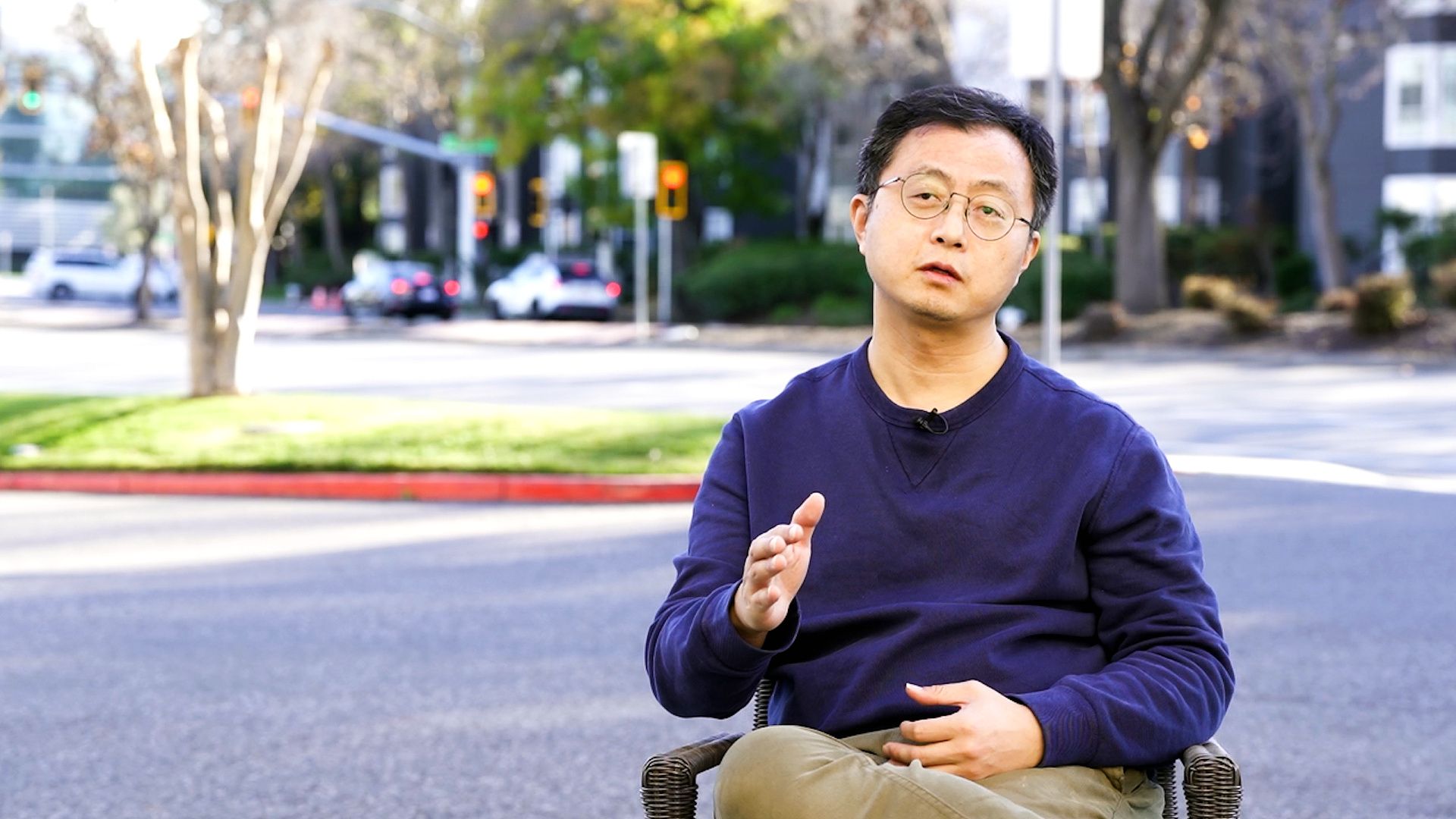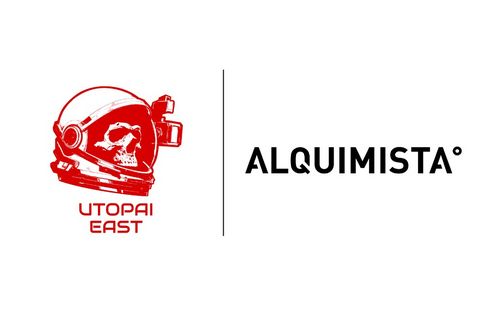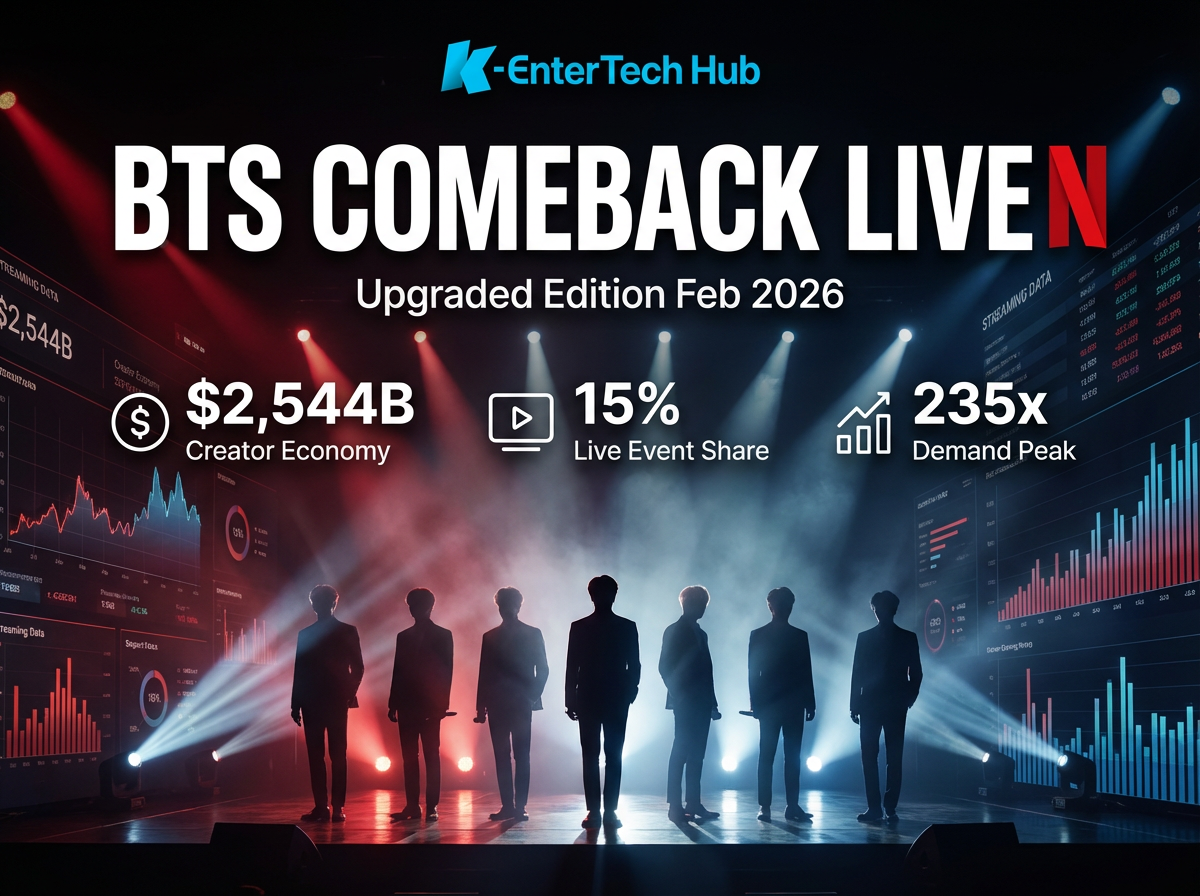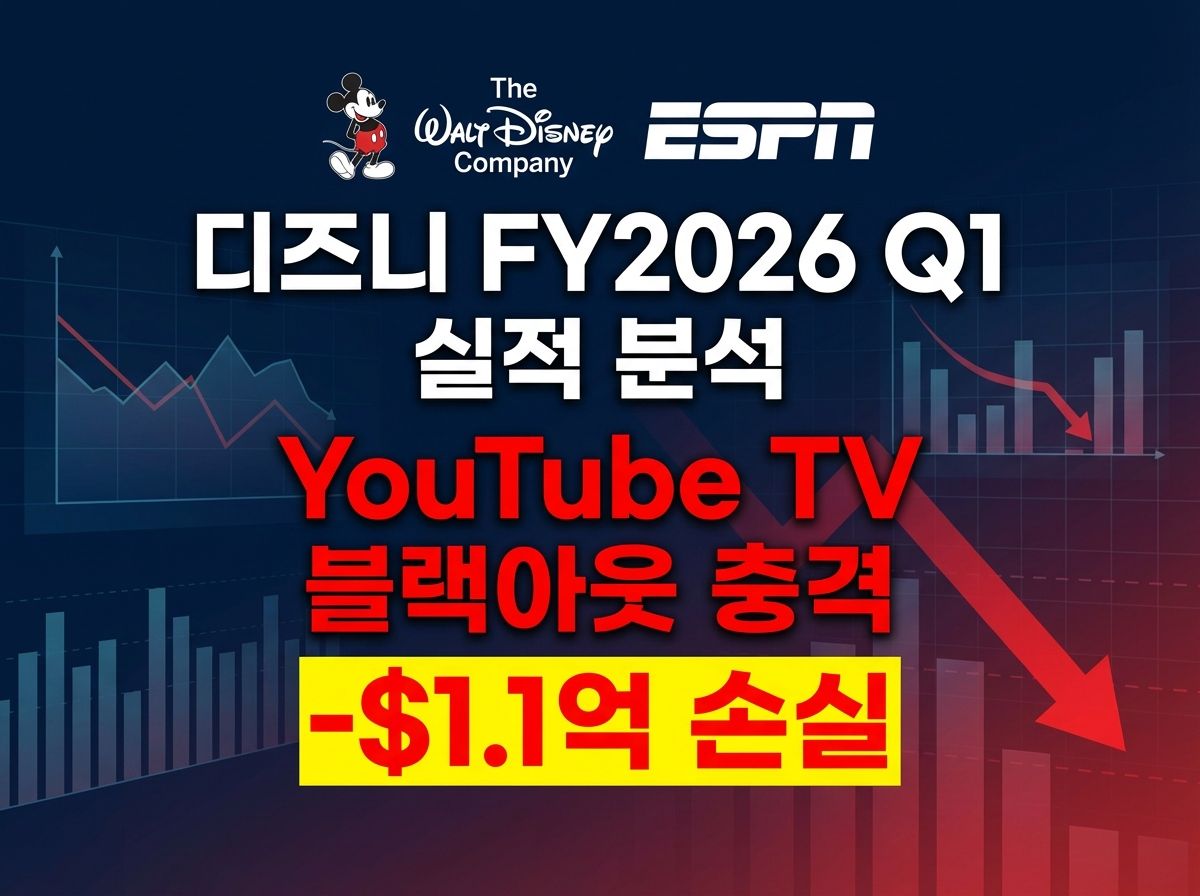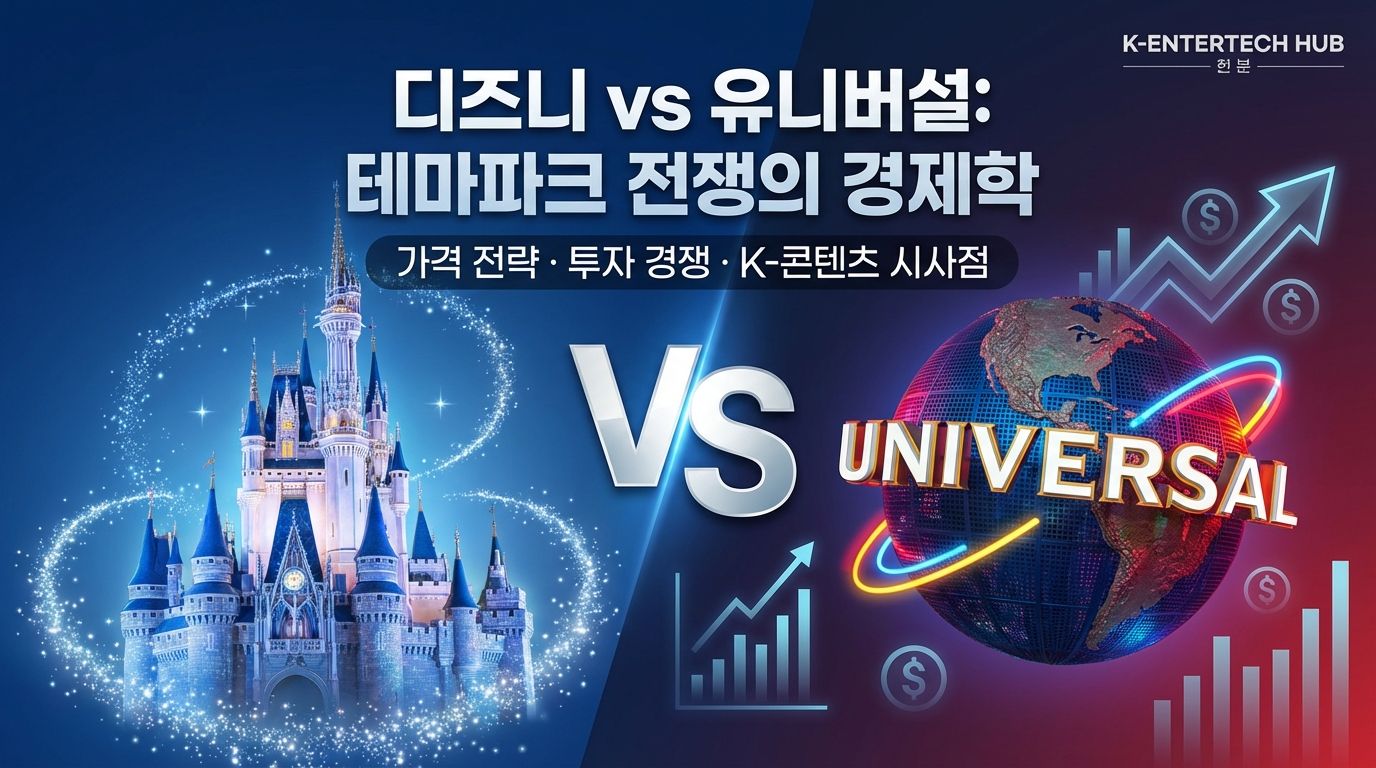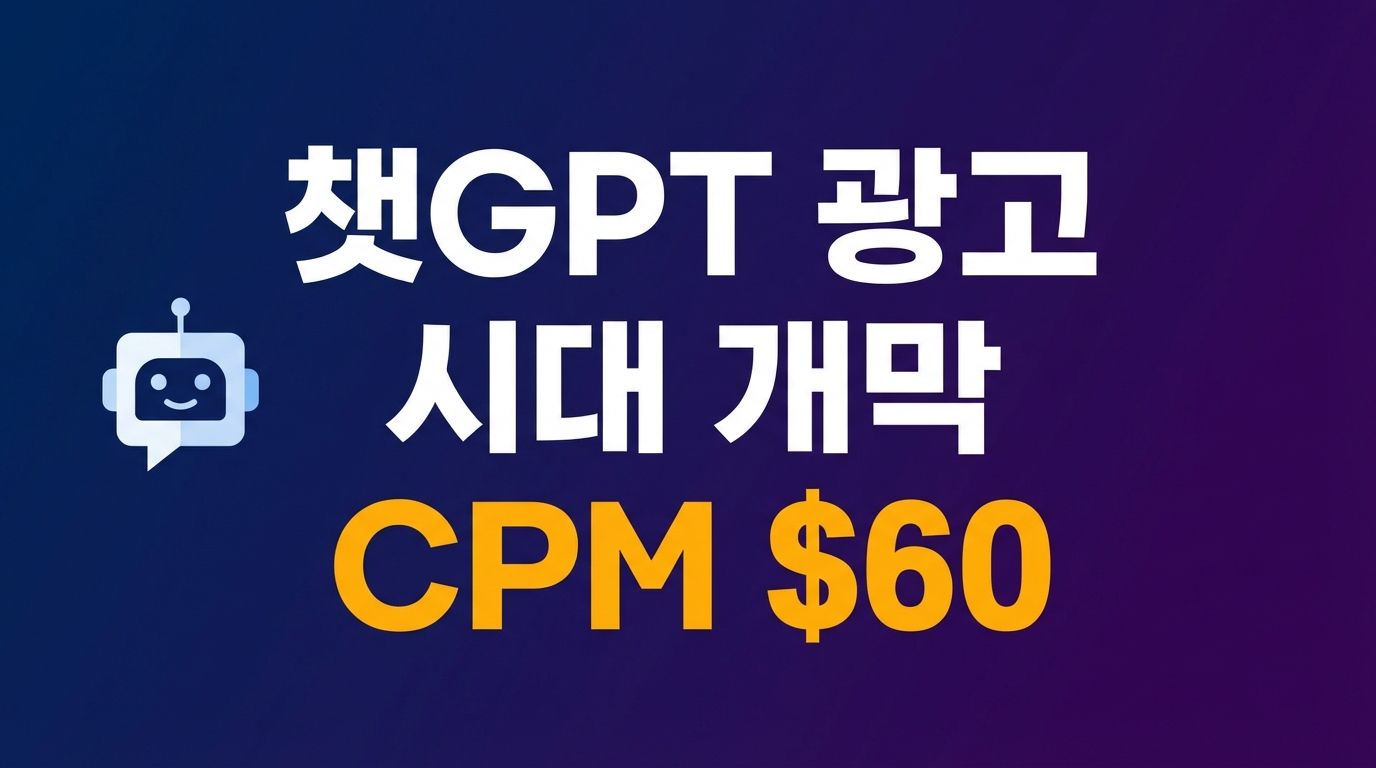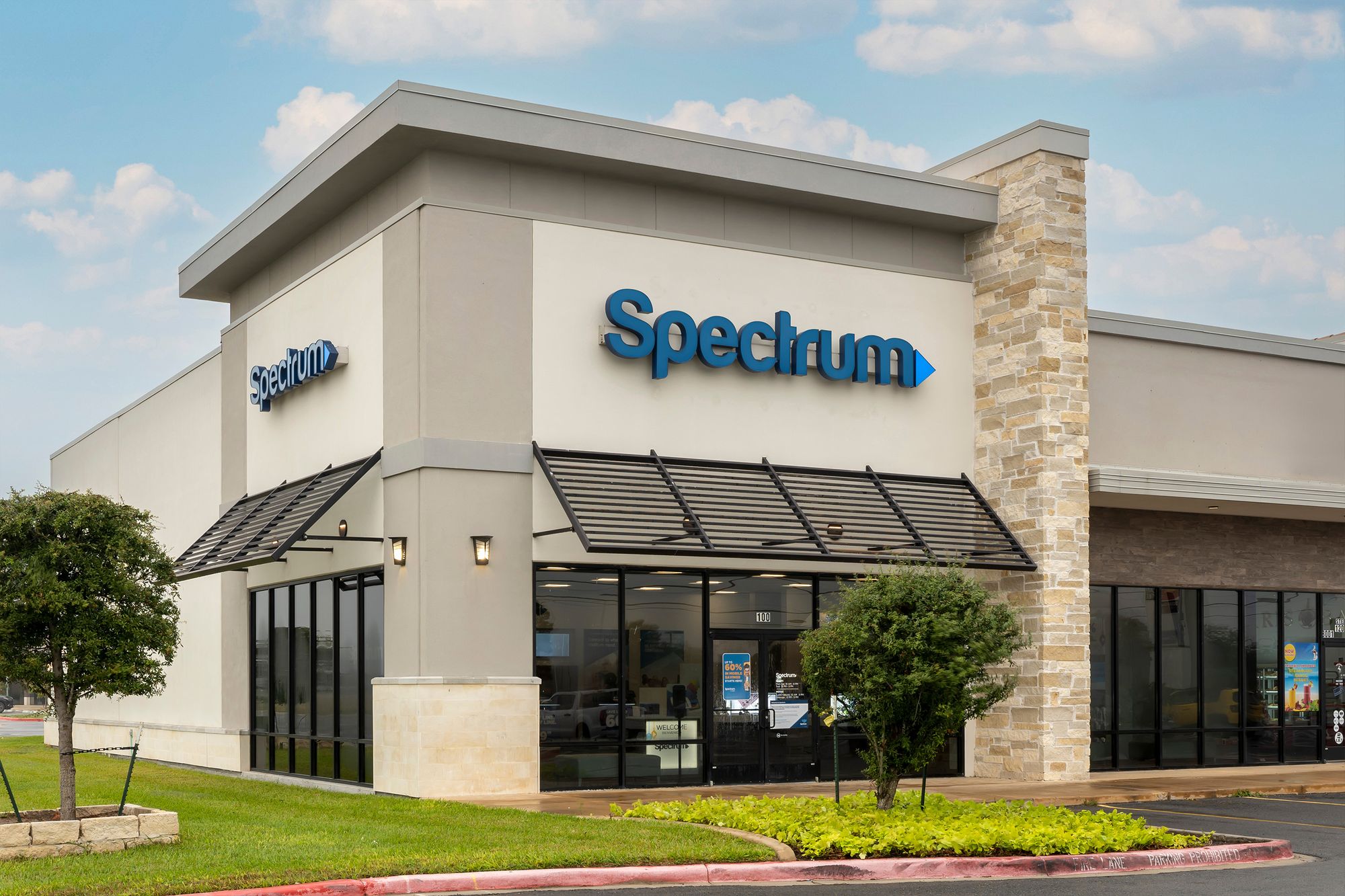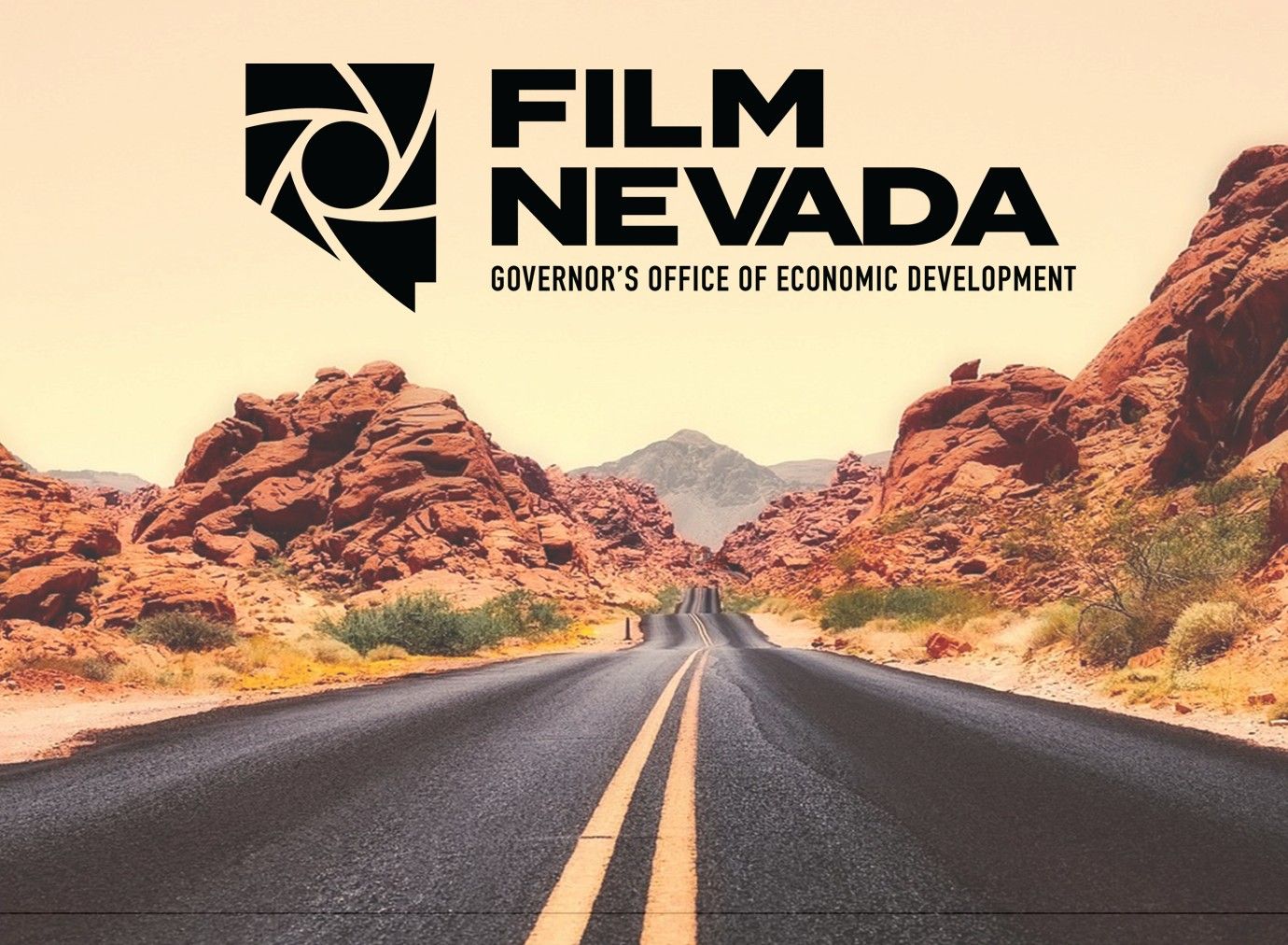Disney, NBCUniversal, Warner Bros. File Massive Copyright Lawsuit Against Chinese AI Startup MiniMax
Hollywood Studios Take Chinese AI Startup MiniMax to Court Over Copyright Infringement
Hollywood giants' cross borders to defend intellectual property in the AI era
Disney, NBCUniversal, and Warner Bros. Discovery (WBD) have jointly filed a sweeping copyright infringement lawsuit against Chinese generative AI startup MiniMax. The case, lodged in the U.S. District Court for the Central District of California, is being hailed as a landmark battle that underscores how the fight to protect intellectual property (IP) in the age of artificial intelligence now transcends national borders.
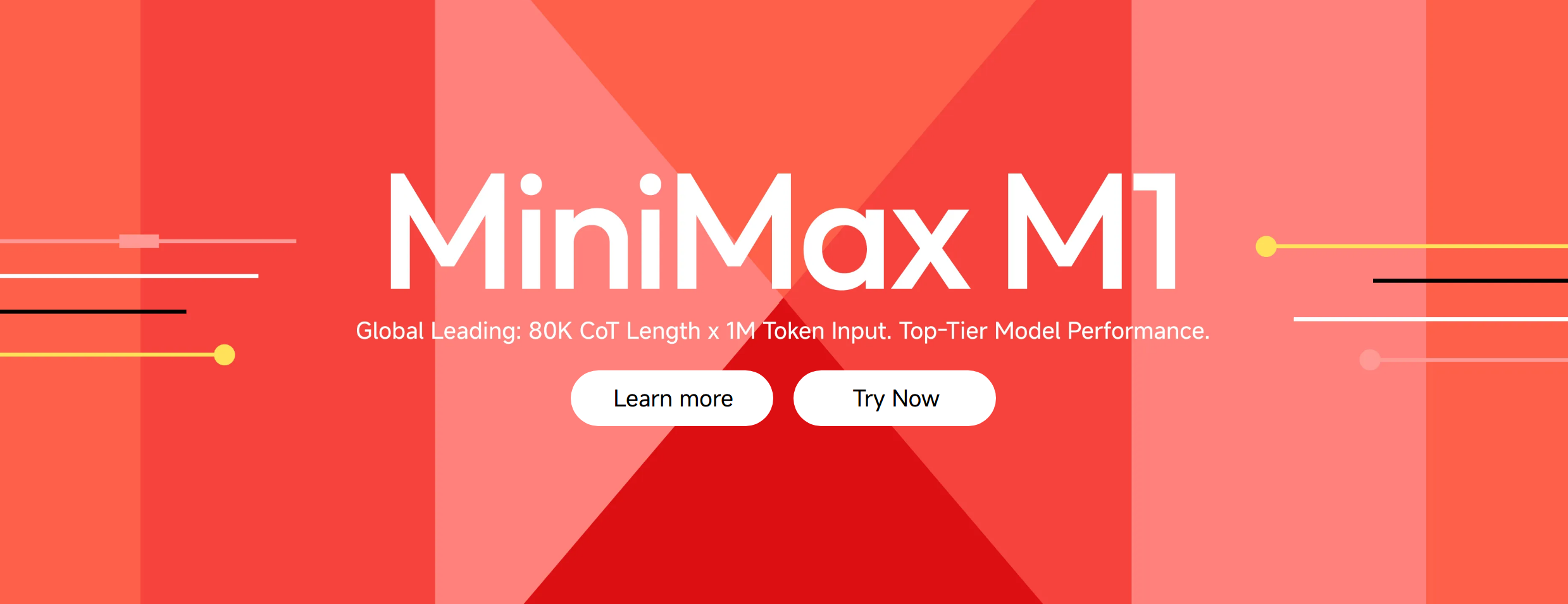
Background of the Case
This latest legal clash follows Disney and NBCUniversal’s June lawsuit against Midjourney, another AI company accused of training its models on copyrighted works without permission. Earlier this month, Warner Bros. Discovery joined that litigation, effectively consolidating Hollywood’s major studios into a united front.
According to the complaint filed in California, MiniMax has “willfully and brazenly” ignored U.S. copyright law, treating copyrighted characters as if they were its own intellectual property. The studios argue that the company’s practices represent not just negligence, but deliberate and flagrant infringement.
The Core Dispute: Hailuo AI and Copyrighted Characters
At the heart of the case lies MiniMax’s flagship image and video generation service, Hailuo AI. The studios allege that MiniMax promoted the service by showcasing unlicensed depictions of iconic characters from Disney, NBC, and Warner Bros. properties.
Despite being presented with copyright-compliance frameworks adopted by other AI companies, MiniMax allegedly refused to implement such safeguards, choosing instead to continue practices the plaintiffs call intentional infringement.
A Broader Threat to Hollywood
The studios frame this dispute as far more than a commercial disagreement. Their complaint stresses that MiniMax’s “illegal copying business model” poses a systemic risk to the U.S. film industry, which supports millions of creative workers and contributes over $260 billion annually to the U.S. economy.
The filing describes the alleged infringement as an attack not only on studios and their intellectual property, but also on the livelihoods of the global creative community that powers Hollywood.
Hollywood’s Official Position
In a joint statement, Disney, NBCUniversal, and WBD emphasized that they are not opposed to AI itself but rather to its irresponsible use:
“We support innovation that enhances human creativity while protecting the contributions of countless creators and the creative industries as a whole. Today’s lawsuit against MiniMax underscores our collective determination to hold accountable those who violate copyright law—no matter where they are based.”
The message is clear: Chinese companies—or any foreign entity—operating in ways that infringe U.S. copyrights cannot expect to avoid liability.
MiniMax: A Rising Chinese AI Powerhouse
Founded in 2021, MiniMax has rapidly become one of China’s leading generative AI startups. Backed by tech giants Alibaba and Tencent, the company has raised significant capital, fueling aggressive product development and expansion.
In July, MiniMax filed for an IPO on the Hong Kong Stock Exchange, with an estimated valuation of around $4 billion. Its portfolio includes AI companion apps and creative tools, with its Talkie chatbot competing directly with U.S.-based Character.AI.
The firm also unveiled its inference model M1 in June, claiming it could outperform rivals like DeepSeek’s R1 while using only 30% of the computational resources. On the benchmark site Chatbot Arena, MiniMax’s models ranked in the top 20 globally.
This rise highlights both the ambition of Chinese AI firms and their reliance on Hong Kong as a financing hub amid growing U.S.-China tech tensions.
This lawsuit is the latest in a wave of legal disputes over AI training data and generated outputs. OpenAI’s ChatGPT, Google’s Gemini (formerly Bard), and Meta’s LLaMA have all faced copyright-related scrutiny.
In visual domains, infringement claims are even more tangible: unauthorized use of globally recognized characters such as Disney’s Mickey Mouse, Marvel superheroes, or Warner Bros.’ DC icons is straightforward to prove, given their immense commercial value.
The Cross-Border Dimension
The decision of U.S. entertainment giants to jointly sue a Chinese AI firm is significant. International copyright enforcement is notoriously difficult due to jurisdictional complexities, inconsistent laws, and geopolitical tensions—especially between the U.S. and China.
Nevertheless, Hollywood’s move reflects the strategic importance of protecting IP in Asian markets, where U.S. studios earn billions in box office and licensing revenue. By pressing this case in California, they are also signaling to investors and global regulators that IP protection remains a non-negotiable foundation for creative industries.
Industry Response and Outlook
Entertainment executives see the lawsuit as a potential precedent. “Generative AI can revolutionize creative industries, but it must respect existing copyrights,” one industry insider commented. “This case could serve as a wake-up call to AI companies worldwide.”
Meanwhile, some AI developers are proactively addressing copyright risks. Adobe’s Firefly, for example, trains on licensed content, while Getty Images has partnered with AI providers to build compliant models.
What Comes Next
The case’s outcome could reverberate far beyond Hollywood. A ruling in favor of the studios would embolden copyright holders across industries to pursue AI infringers. Yet enforcement may prove complicated: MiniMax’s China-based operations could remain beyond the reach of U.S. courts.
Still, with MiniMax eyeing global expansion and a Hong Kong IPO, reputational and financial consequences could be significant, even if legal remedies are limited.
Balancing Innovation and Protection
Ultimately, the lawsuit reflects a broader challenge: reconciling rapid AI innovation with the need to safeguard human creativity and intellectual property.
As AI models grow more powerful, sustainable coexistence will require new frameworks—whether licensing agreements, revenue-sharing schemes, or copyright-conscious model design.
The clash between Disney, NBCUniversal, Warner Bros., and MiniMax is more than a courtroom drama—it is a test case for how the world will govern creativity in the AI age.
디즈니·NBC·워너브더스, 중국 AI 스타트업 미니맥스에 저작권 소송 제기
미국 엔터테인먼트 거물들, AI 시대 지적재산권 보호 위해 국경 넘어 법적 대응 나서
디즈니, NBCUniversal, 워너브로더스 디스커버리(WBD) 등 미국을 대표하는 엔터테인먼트 기업들이 중국의 생성 AI 스타트업 미니맥스(MiniMax)를 상대로 대규모 저작권 침해 소송을 제기했다. 이번 소송은 AI 기술의 급속한 발전 속에서 콘텐츠 산업의 지적재산권 보호가 국경을 넘어 확대되고 있음을 보여주는 상징적인 사건으로 평가된다.
소송의 배경과 경과
이번 법적 공방은 지난 6월 디즈니와 NBCUniversal이 또 다른 생성 AI 기업인 미드저니(Midjourney)를 저작권 침해 혐의로 고소한 것에서 시작됐다. 당시 두 회사는 미드저니가 자사의 저작권이 보호된 콘텐츠를 무단으로 학습 데이터로 사용했다고 주장했다. 이후 워너브로스 디스커버리가 이달 초 이 법적 싸움에 합류하면서 할리우드 메이저 스튜디오들의 공동 전선이 형성됐다.
캘리포니아 중부지방법원에 제출된 소장에 따르면, 원고 측은 미니맥스가 스튜디오들의 저작권이 있는 캐릭터들을 마치 자신들의 소유물처럼 취급하며 미국 저작권법을 노골적으로 무시하고 있다고 주장했다. 특히 스튜디오들은 미니맥스의 저작권 침해 행위를 "고의적이고 뻔뻔한(willful and brazen)" 것으로 규정하며 강한 어조로 비판했다.
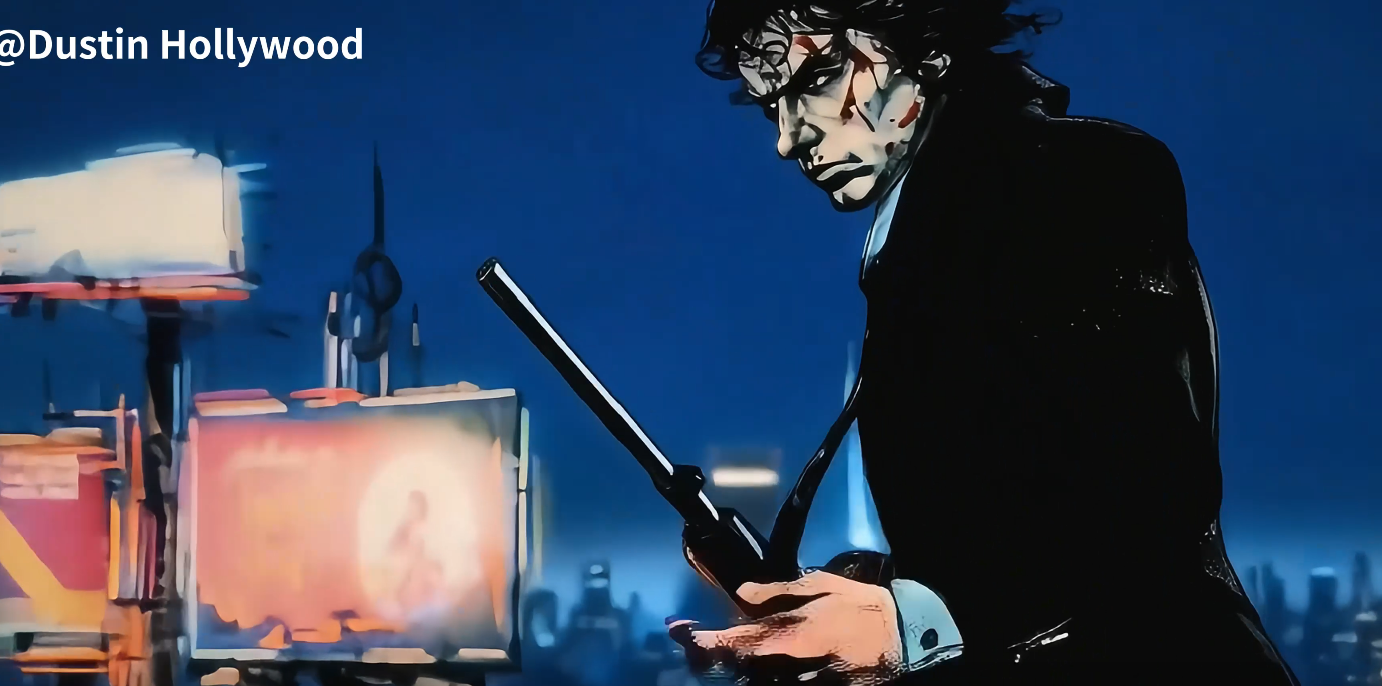
핵심 쟁점: 하일루오 AI와 저작권 캐릭터
소송의 핵심 쟁점 중 하나는 미니맥스가 운영하는 인기 이미지 및 비디오 생성 서비스인 '하일루오 AI(Hailuo AI)'의 마케팅 방식이다. 원고 측은 미니맥스가 서비스의 기능을 홍보하는 과정에서 디즈니, NBC, 워너브로스가 소유한 유명 캐릭터들을 무단으로 사용했다고 주장했다.
스튜디오들은 미니맥스가 다른 AI 기업들이 채택하고 있는 합리적인 저작권 보호 조치들을 제시받았음에도 불구하고, 이를 이행하지 않고 저작권 침해를 계속했다고 지적했다. 이는 단순한 부주의가 아닌 의도적인 침해 행위라는 것이 원고 측의 입장이다.
미국 영화 산업에 대한 위협
소장에서 스튜디오들은 이번 사안을 단순한 개별 기업 간의 분쟁이 아닌, 미국 영화 산업 전체에 대한 위협으로 규정했다. "미니맥스의 불법 복제 비즈니스 모델과 미국 저작권법에 대한 무시는 원고들과 영화에 마법을 불어넣는 열심히 일하는 창의적 커뮤니티에 대한 공격일 뿐만 아니라, 수백만 개의 일자리를 창출하고 미국 경제에 2,600억 달러(약 346조 원) 이상을 기여한 미국 영화 산업 전체에 대한 더 광범위한 위협"이라고 소장은 명시하고 있다.
이러한 주장은 저작권 침해가 단순히 특정 기업의 수익 감소에 그치는 것이 아니라, 영화 제작에 참여하는 수많은 창작자들과 기술 인력들의 생계, 나아가 미국 경제 전반에 미치는 파급 효과를 강조한 것으로 해석된다.
스튜디오들의 공식 입장과 대응 전략
디즈니, NBCUniversal, 워너브로스 디스커버리는 공동 성명을 통해 자신들의 입장을 명확히 했다. "우리는 수많은 창작자들의 기여와 전체 창작 산업을 보호하면서 인간의 창의성을 향상시키는 혁신을 지지한다"고 밝히며, AI 기술 자체에 대한 반대가 아님을 분명히 했다.
이어 "AI 혁신에 대한 책임감 있는 접근이 중요하며, 오늘 미니맥스를 상대로 한 소송은 그들이 어디에 기반을 두고 있든 저작권법을 위반하는 이들에게 책임을 묻겠다는 우리의 공동 의지를 다시 한번 보여준다"고 강조했다. 이는 중국 기업이라 하더라도 미국 시장에서 활동하거나 미국 저작권을 침해할 경우 법적 책임을 피할 수 없다는 강력한 메시지로 받아들여진다.
미니맥스의 현재 상황과 배경
미니맥스는 2021년 설립된 중국의 대표적인 AI 스타트업으로, 최근 급성장을 거듭하고 있다. 회사는 지난 7월 홍콩 증권거래소에 기업공개(IPO)를 신청했으며, 당시 기업 가치는 약 40억 달러(약 5조 3천억 원)로 평가받았다. 이는 중국 AI 업계에서도 상당한 규모로, 미니맥스가 단기간에 얼마나 빠르게 성장했는지를 보여준다.
미니맥스의 성장 배경에는 중국의 거대 기술 기업들의 전폭적인 지원이 있었다. 알리바바와 텐센트 같은 중국 빅테크 기업들이 미니맥스에 대규모 투자를 진행했으며, 이를 통해 회사는 기술 개발과 서비스 확장에 필요한 자금을 확보할 수 있었다. 이러한 자본력을 바탕으로 미니맥스는 하일루오 AI를 포함한 다양한 생성 AI 서비스를 출시하며 글로벌 시장 진출을 모색해왔다.
이번 움직임은 미국의 지정학적 불확실성과 워싱턴의 심화된 심사로 인해 중국 테크 기업들이 미국 시장을 기피하고, 다시 홍콩을 주요 자금 조달 창구로 삼고 있음을 보여준다. 딜로직(Dealogic)에 따르면, 홍콩은 올해 상반기에만 40건 이상의 IPO를 통해 약 136억 6천만 달러를 조달했으며 이는 2024년 연간 조달액을 이미 초과한 수준이다. 홍콩 증권거래소의 유치 노력과 중국 정부의 정책적 지원도 자금 조달 환경을 개선하는 요인으로 작용했다.
2021년 설립된 미니맥스는 생성형 AI 모델을 기반으로 한 캠패니언 앱과 콘텐츠 창작자용 AI 에이전트를 개발해 왔다. 해외에서는 Talkie라는 챗봇 서비스로 미국 Character.AI와 경쟁하고 있다. 미니맥스는 지난 6월 추론 모델 M1을 공개했는데, 이는 딥시크의 동급 모델을 능가했다고 주장하며 일부 추론 작업에서 딥시크 R1 대비 약 30%의 연산 자원만으로 구동된다고 밝혔다. 미니맥스의 모델은 최근 챗봇 평가 플랫폼인 챗봇 아레나(Chatbot Arena)의 순위에서 공동 18위를 기록했다.
AI 시대의 저작권 분쟁 확산
이번 소송은 생성 AI 기술을 둘러싼 저작권 분쟁이 점차 확대되고 있음을 보여주는 또 하나의 사례다. 앞서 언급된 미드저니 소송 외에도, 오픈AI의 ChatGPT, 구글의 Bard(현 Gemini), 메타의 LLaMA 등 주요 AI 서비스들이 학습 데이터 사용과 관련해 저작권 논란에 휩싸인 바 있다.
특히 이미지와 비디오 생성 AI의 경우, 시각적 유사성이 명확하게 드러나기 때문에 저작권 침해 여부를 판단하기가 상대적으로 용이하다. 디즈니의 미키마우스, 마블의 슈퍼히어로, 워너브로스의 DC 캐릭터 등은 전 세계적으로 인지도가 높고 상업적 가치가 막대한 지적재산권이기 때문에, 이들을 무단으로 사용하는 것은 명백한 침해 행위로 간주된다.
국경을 넘어선 법적 대응의 의미
이번 소송에서 주목할 점은 미국 기업들이 중국 기업을 상대로 적극적인 법적 대응에 나섰다는 것이다. 일반적으로 국제 저작권 분쟁은 관할권 문제, 집행의 어려움, 각국의 상이한 법체계 등으로 인해 복잡한 양상을 띤다. 특히 미중 간의 기술 패권 경쟁이 심화되는 상황에서, 양국 기업 간의 지적재산권 분쟁은 더욱 민감한 사안이 될 수 있다.
그럼에도 불구하고 할리우드 메이저 스튜디오들이 공동 전선을 구축해 중국 AI 기업을 상대로 소송을 제기한 것은, AI 시대에 콘텐츠 저작권 보호가 얼마나 중요한 이슈인지를 보여준다. 미국 영화 스튜디오들은 중국과 동아시아 시장에서 오랫동안 영화를 배급하고 상당한 수익을 창출해왔기 때문에, 이 지역에서의 저작권 보호는 비즈니스 측면에서도 필수적이다.
업계의 반응과 전망
엔터테인먼트 업계에서는 이번 소송이 AI 기업들에게 중요한 선례가 될 것으로 보고 있다. 한 업계 관계자는 "생성 AI 기술이 창작 산업에 혁신을 가져올 수 있다는 점은 분명하지만, 기존 창작물의 저작권을 존중하는 것이 전제되어야 한다"며 "이번 소송이 AI 기업들에게 저작권 준수의 중요성을 일깨우는 계기가 될 것"이라고 평가했다.
AI 업계에서도 저작권 문제에 대한 인식이 높아지고 있다. 일부 AI 기업들은 저작권이 있는 콘텐츠를 학습 데이터에서 제외하거나, 저작권자와의 라이선스 계약을 체결하는 등의 조치를 취하고 있다. 어도비의 Firefly, 게티이미지와 협력한 AI 서비스들이 대표적인 예다.
향후 전개 방향
이번 소송의 결과는 단순히 미니맥스와 할리우드 스튜디오들 간의 분쟁을 넘어, 전 세계 AI 산업과 콘텐츠 산업의 관계 설정에 중요한 영향을 미칠 것으로 예상된다. 만약 미국 법원이 스튜디오들의 손을 들어준다면, 이는 다른 AI 기업들에게도 강력한 경고 메시지가 될 것이다.
반면 미니맥스가 중국 기업이라는 점을 고려할 때, 실제 판결의 집행이 얼마나 효과적일지는 미지수다. 중국 내에서의 사업 활동에 대해서는 미국 법원의 판결이 직접적인 구속력을 갖기 어려울 수 있기 때문이다. 다만 미니맥스가 글로벌 시장 진출을 목표로 하고 있고, 홍콩 IPO를 추진 중이라는 점에서 국제적 평판과 신뢰도는 중요한 고려 사항이 될 것이다.
AI와 창작 산업의 공존을 위한 과제
이번 디즈니, NBCUniversal, 워너브로스 디스커버리와 미니맥스 간의 저작권 소송은 AI 기술의 발전과 전통적인 창작 산업의 보호라는 두 가치가 충돌하는 지점을 명확히 보여준다. AI 기술이 인간의 창의성을 증폭시키고 새로운 형태의 콘텐츠 창작을 가능하게 한다는 점은 부인할 수 없는 사실이다. 그러나 동시에 기존 창작물의 가치와 창작자들의 권리를 보호하는 것 역시 지속 가능한 창작 생태계를 위해 필수적이다.
앞으로 AI 기업들과 콘텐츠 기업들은 대립과 갈등보다는 상생과 협력의 모델을 찾아야 할 것이다. 적절한 라이선스 계약, 수익 공유 모델, 저작권 친화적인 AI 기술 개발 등이 그 해법이 될 수 있다. 이번 소송이 단순한 법적 분쟁을 넘어, AI 시대에 창작 산업이 나아가야 할 방향에 대한 건설적인 논의로 이어지기를 기대해본다.
결국 기술의 혁신과 창작자의 권리 보호라는 두 가치가 균형을 이룰 때, 진정한 의미의 창조적 혁신이 가능할 것이다.

